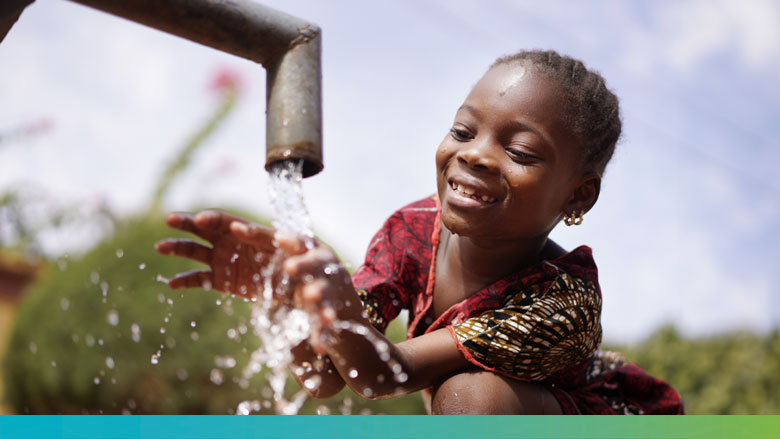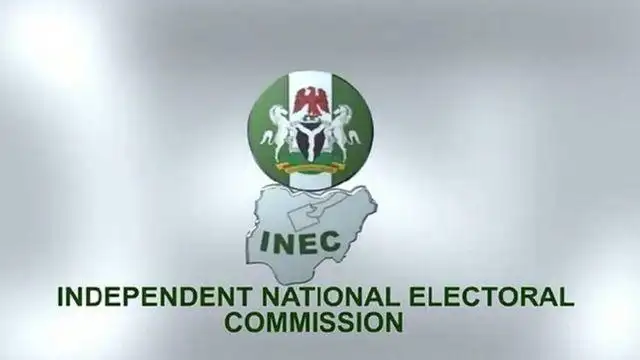In recent years, African nations have intensified collaborative efforts to address water scarcity and promote sustainable water management across the continent. A significant milestone was achieved in October 2024 when the Nile Basin Initiative’s Cooperative Framework Agreement (CFA) officially came into force. This agreement, ratified by Ethiopia, Uganda, Rwanda, Burundi, and Tanzania, aims to ensure equitable and reasonable utilization of Nile River resources among the basin countries. Despite Egypt and Sudan’s refusal to sign, the CFA’s implementation marks a pivotal step toward regional cooperation in managing shared water resources.
In September 2023, African leaders launched the “Mind the Gap – Invest in Water” campaign, committing to mobilize US$30 billion annually by 2030 to achieve water security and sustainable sanitation. This initiative emphasizes the need for institutional private-public partnerships, sector reforms, and increased national budget allocations to address water scarcity challenges.
Eritrea has also made notable progress in water resource management. Through substantial investments in infrastructure and supportive policies, the country has increased access to clean and safe water from 13% in 1991 to approximately 85% today. Eritrea’s approach includes the development of nearly 800 dams and ponds, enhancing national water storage and distribution capacity.
The African Water Justice Network (AWJN), established in March 2024, unites water justice movements and activists across the continent. The network aims to challenge unequal water distribution, advocate for the institutionalization of the right to water in African constitutions, and promote common ownership of water resources. AWJN’s efforts include supporting grassroots organizers and facilitating policy engagements to address water justice issues.
In the private sector, The Coca-Cola Company and its bottling partners announced a nearly US$25 million investment in September 2024 to address critical water-related challenges in 20 African countries. The initiative focuses on protecting local water resources, building community climate resilience, and accelerating efforts to address water stress.
Additionally, the ACWA Platform, launched by the World Resources Institute (WRI) Africa, connects cities like Kigali, Johannesburg, and Musanze with expert organizations to co-create an enabling environment for visionary water resource leadership. The platform aims to support cities in adopting transparent decision-making processes and accountability mechanisms, encompassing multiple stakeholders for sustainable water management practices.
These collective efforts underscore a growing recognition among African nations and organizations of the critical importance of collaborative action in addressing water scarcity and promoting sustainable water management across the continent.












I wonder if these collaborations will actually make a difference or if its just talk. Hope they follow through!
I wonder if these collaborations will truly make a lasting impact or just be temporary solutions. Time will tell!
I think its great that African nations are working together on water scarcity, but will the initiatives be sustainable in the long run?
Interesting article, but isnt it about time other continents step up too? Global collaboration is key! #WaterScarcity #Sustainability